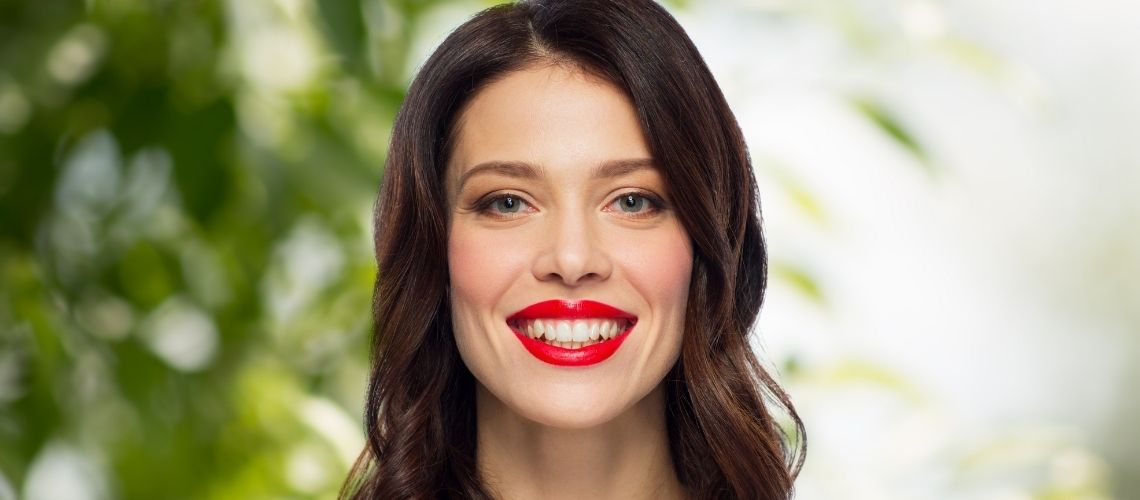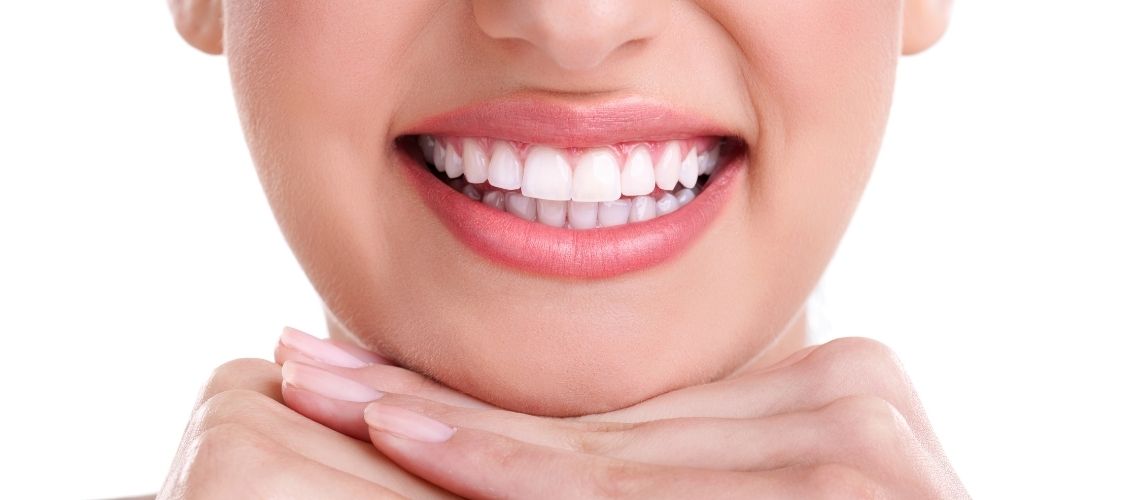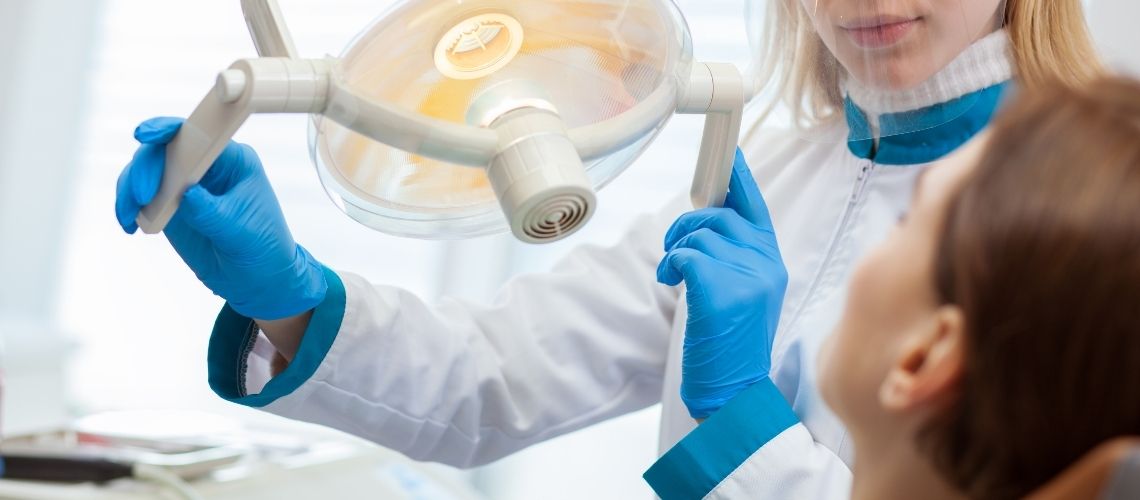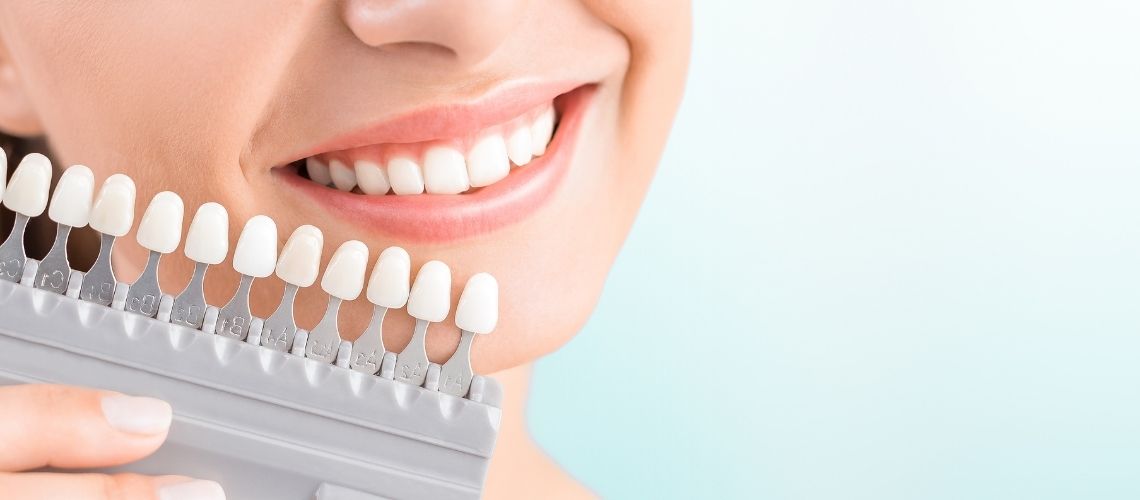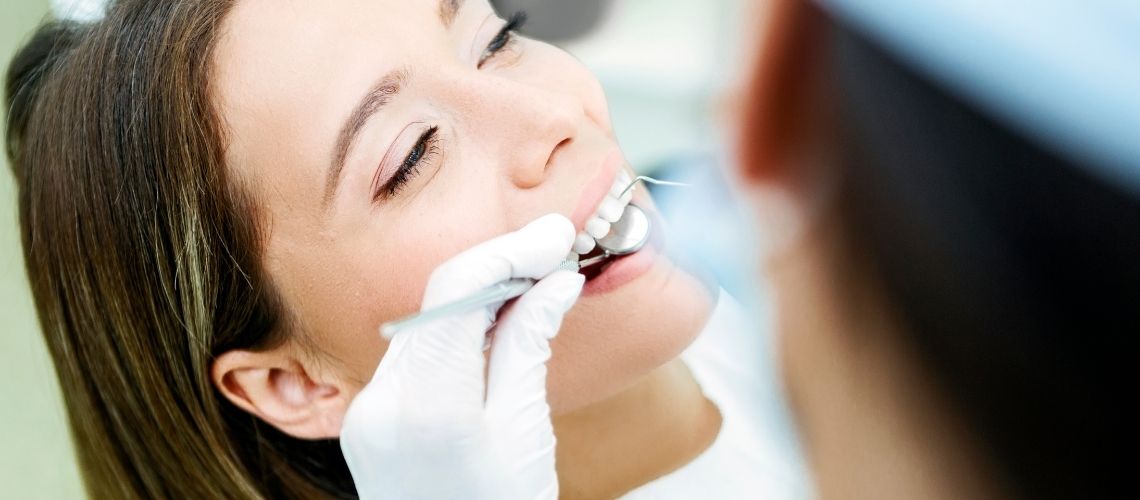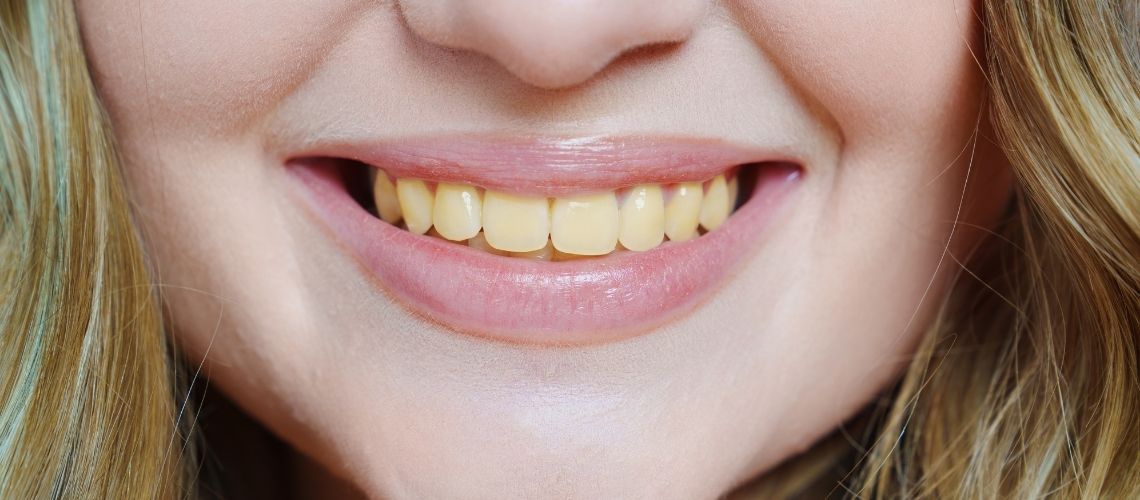As many individuals consider overseas options for dental procedures, Turkey emerges as a notable destination. Indeed, the allure of cost-effective treatments, such as implants, attracts global attention. However, potential patients must navigate concerns surrounding safety standards and the qualifications of local dentists. Moreover, the logistics of post-operative care and necessary follow-ups present additional considerations. Consequently, assessing the viability of Turkey for dental implants requires a thorough exploration of these factors. Thus, the decision to travel for dental care not only hinges on cost savings but also on ensuring the quality and safety of the procedures undertaken.
Evaluating the Advantages and Disadvantages of Dental Vacations
The country offers perfect facilities equipped with the latest technologies, ensuring that patients receive top-notch care. Additionally, the expertise and experience of Turkish dentists often surpass expectations, with many holding qualifications from renowned international institutions.
- Cost savings on dental procedures can be significant, allowing for a combination of holiday and healthcare.
- Access to advanced dental treatments not always available in one’s home country.
However, there are considerations that must not be overlooked. Navigating the healthcare system in a foreign country can pose challenges, including language barriers and understanding local medical practices. Post-operative care also demands careful planning. Patients must consider the feasibility of returning to Turkey for follow-ups or managing complications back home.
- Potential language barriers and cultural differences in medical practices.
- Challenges in post-operative care and managing complications from afar.
Therefore, while Turkey presents a compelling option for dental implants, individuals must weigh these factors diligently. Ensuring a successful outcome involves thorough research and planning, particularly in selecting a reputable clinic and dentist.
Assessing the Safety Protocols in Dental Practices Across Turkey
The safety protocols of Turkish dental clinics become a pivotal aspect for international patients. These clinics often adhere to stringent hygiene standards, closely mirroring or even surpassing international norms. Furthermore, the use of perfect technology ensures that treatments are both efficient and safe.
Key safety measures include:
- Rigorous sterilization processes for all equipment.
- Mandatory use of protective gear by staff and patients.
- Regular training sessions for dental practitioners on the latest safety and hygiene practices.
Additionally, many Turkish dental clinics hold certifications from global health organizations, which testify to their commitment to maintaining high safety standards. Such accreditation is not only a testament to their reliability but also provides peace of mind to foreign patients. Therefore, the safety protocols in place across Turkish dental clinics underscore the country’s viability as a safe destination for dental implants.
Evaluating the Financial Aspects of Dental Implants
Patients often find the cost disparities between treatments in their home countries and Turkey strikingly wide. Moreover, the financial benefits extend beyond the procedure itself, including diagnostic assessments and aftercare, which are typically offered at a fraction of the cost. Despite the lower prices, Turkish clinics do not compromise on the quality of materials or the expertise of their dental professionals.
- In Turkey, the price for a dental implant can be up to 70% lower than in many Western countries.
- Additional expenses such as accommodation and travel are often still less than the total cost of the procedure alone back home.
Therefore, the economic advantage for patients choosing Turkey for dental implants is clear. However, individuals must also factor in the non-monetary costs, such as travel time and the potential need for follow-up visits, which might necessitate further trips. Hence, while the initial cost savings are significant, a comprehensive evaluation of all factors is crucial for making an informed decision.
Evaluating the Expertise of Dentists in Turkey
In Turkey, the dental profession is marked by stringent educational and licensing requirements. Graduates from esteemed universities undergo rigorous training, ensuring a high level of proficiency. Moreover, Turkish dentists often hold qualifications from international institutions, which underscores their commitment to excellence. Additionally, many have membership in reputable dental associations, both locally and globally. This affiliation not only enhances their credibility but also keeps them abreast of the latest advancements in dental care.
The experience of Turkish dentists is equally impressive, with many practitioners having extensive exposure to complex dental procedures, including implants. This experience is bolstered by:
- Continuous professional development
- Participation in international conferences
- Contributions to dental research
Hence, patients can expect a blend of theoretical knowledge and practical expertise. Furthermore, the regulatory oversight by Turkish health authorities ensures that dentists adhere to high standards of care. Therefore, the qualifications and experience of Turkish dentists play a pivotal role in the safety and success of dental implants in the country.
Post-Operative Care and Follow-Up
Ensuring successful dental implant procedures in Turkey extends beyond the operating room. Post-operative care and diligent follow-ups are paramount. Initially, patients must adhere to specific guidelines to foster healing. These include:
- Avoiding hard foods that can disrupt the implant site
- Maintaining impeccable oral hygiene to prevent infections
- Following prescribed medication schedules to manage pain and reduce swelling
Moreover, the importance of continuous communication with the Turkish dental clinic cannot be overstated. This ensures that any complications are addressed promptly. Additionally, arranging for local accommodations near the clinic can simplify the process of attending follow-up appointments. Furthermore, international patients should consider the logistics of potential return visits. The necessity for such trips varies based on individual healing processes and the complexity of the dental work. Hence, planning for these eventualities is a crucial step in the journey toward achieving a healthy and enduring smile.
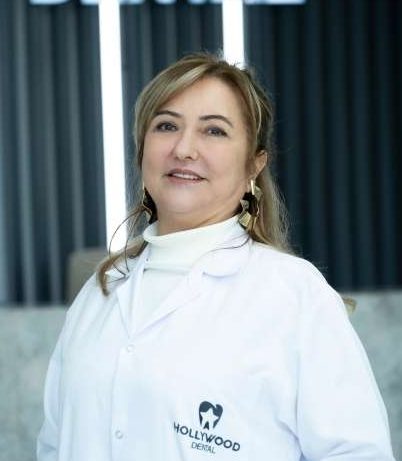
Dentist Handan Nohutcuoğlu graduated from Ege University Faculty of Dentistry in 1987. He has gained experience in various fields by working in many dental polyclinics throughout his career, combining his knowledge and experience. He continues to work at Hollywood Dental at the moment.

